Pickleball has rapidly become one of the most popular sports in the United States, combining elements of tennis, badminton, and table tennis. However, as the sport grows, so does the concern over pickleball noise.
For players and communities looking for a quieter game, this guide will explore the best quiet pickleball paddles on the market.
The Sound of Silence: Pickleball Paddle Noise Explained
Pickleball paddle noise is a growing concern, especially in residential areas where courts are close to homes. The sound of the pickleball ball striking the paddle can be disruptive, leading to noise complaints from those not involved in the sport.
Paddle manufacturers have recognized this issue and have been relentless and meticulous in their commitment to developing quieter paddles that reduce noise while maintaining excellent performance.
The noise level of a pickleball paddle is influenced by several factors, including the core material, core thickness, and face material.
Paddles with a thicker core and softer surface materials tend to produce less sound, keeping the sport's sound output within a more acceptable range for communities.
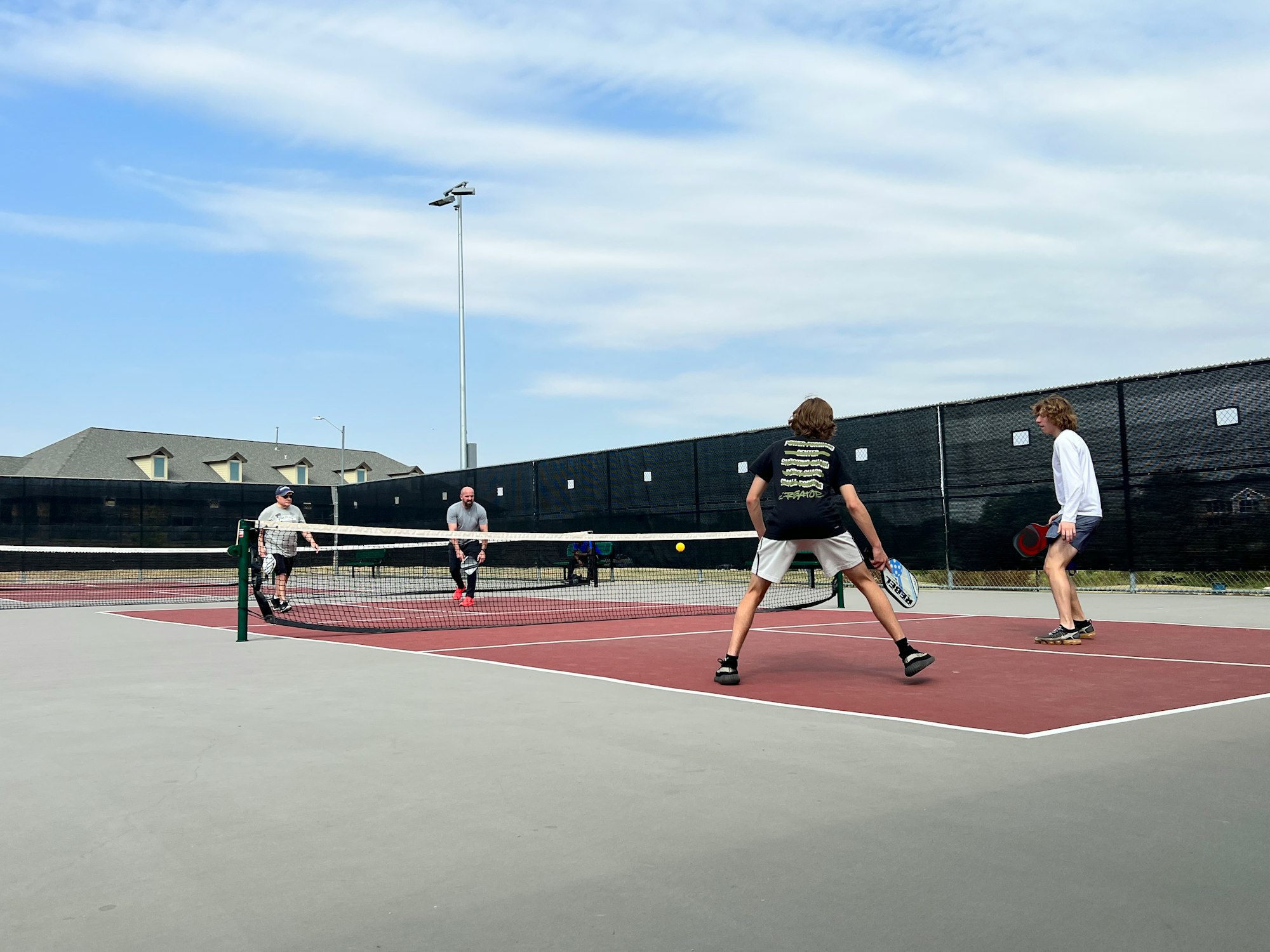
The Quest for Quiet: Best Quiet Pickleball Paddles
When searching for the best quiet pickleball paddles, players should look for paddles that have been specifically designed to minimize noise.
These paddles often fall into the certified quiet category, which means they have been tested and approved by the national governing body, such as USA Pickleball, for reduced acoustic footprint.
Owl paddles, for instance, are known for their reduced sound output, thanks to their innovative design and materials.
The Owl Sport team, a sports company disrupting the racket sports industry, has developed paddles with a carbon fiber face and a polymer core that not only provide acoustics-related solutions but also ensure superior playability.
These paddles cater to players who need to adhere to noise restrictions or who simply prefer a quieter game.
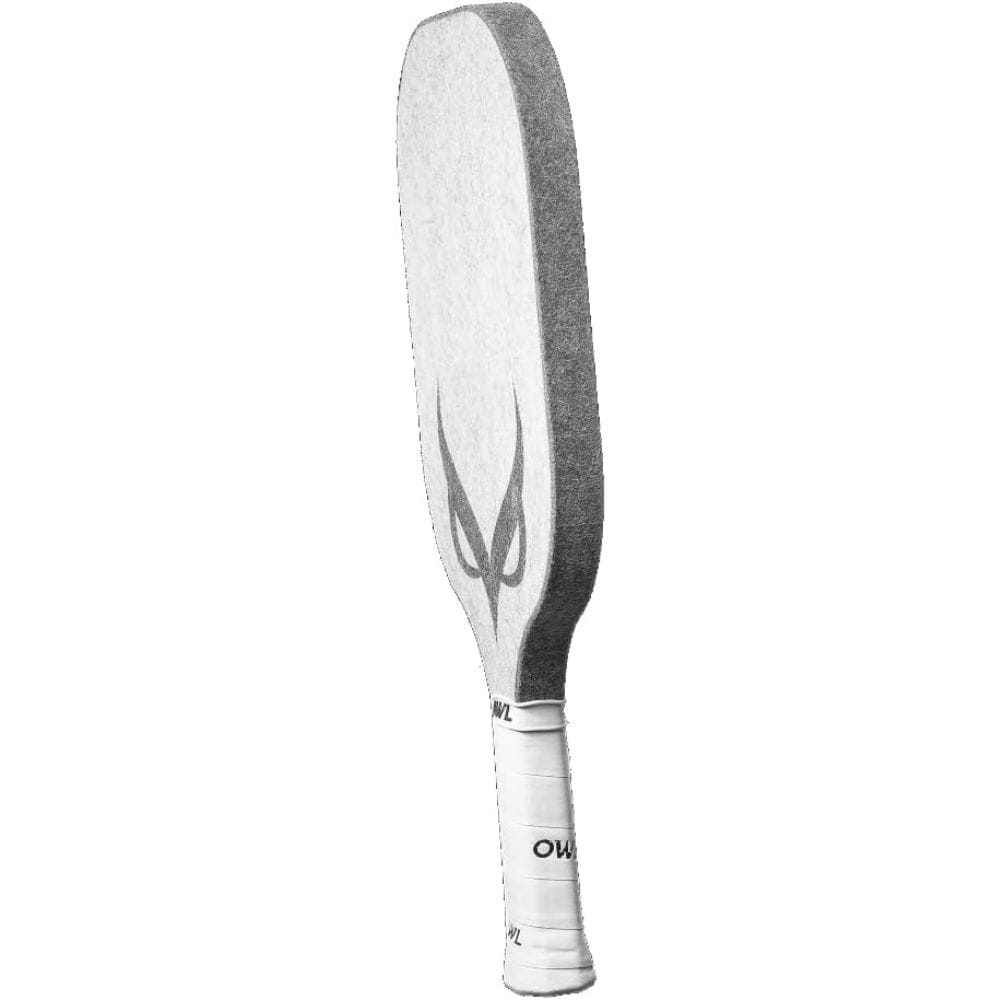
Best Quiet Pickleball Paddle
The OWL Paddle, Founder’s Edition, Premium Pickleball Paddle - Exclusive Limited Edition Paddle, Revolutionary Pickleball Paddle - Quiet Pickleball Paddle, 50% Less Noise - Great Control, Spin & Touch
The OWL Paddle, Founder’s Edition, Premium Pickleball Paddle - Exclusive Limited Edition Paddle, Revolutionary Pickleball Paddle - Quiet Pickleball Paddle, 50% Less Noise - Great Control, Spin & Touch
Why We Love It
If you’re looking for a pickleball paddle that will take your game to the next level, The OWL Paddle, Founder’s Edition, is the paddle for you.
Built with proprietary material found nowhere else, the OWL Paddle offers unprecedented control, spin, power, and touch, with a larger sweet spot for enhanced accuracy, even with off-center impacts.
As the quietest paddle on the market, you won’t be disturbing your opponents with loud contact- the OWL Paddle lets you focus on your game. And with 17-time Grand Slam Champion John McEnroe’s endorsement, you know you’re getting a top-of-the-line paddle.
But beyond unbeatable performance, The OWL Paddle is also engineered for exceptional durability and comfort, making it a great choice for players of all levels of experience.
With its vibration-dampening layered construction, you’ll be playing longer with less fatigue. And with a generous two-year limited warranty, you can trust your OWL Paddle to keep you playing the game at your peak.
As McEnroe says, “The OWL paddle technology is going to revolutionize the game of pickleball.” Get yours today and see for yourself.
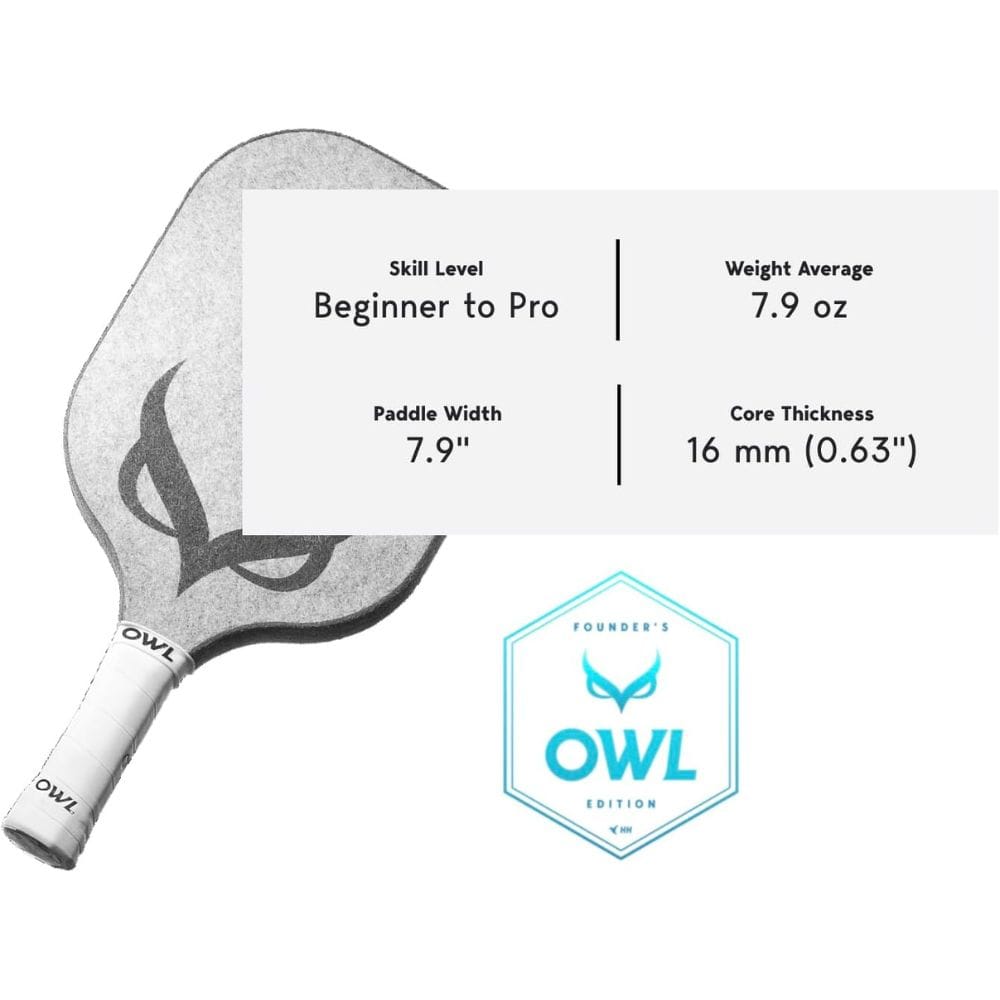
Core Considerations: Materials and Thickness
The core material of a pickleball paddle plays a significant role in its noise output. Polymer cores are popular for their ability to minimize noise while offering a good balance between control and power.
The thickness of the core also affects the noise level; a thicker paddle tends to absorb more sound, making it a quieter option.
Paddle manufacturers are continuously experimenting with different materials and core thicknesses to find the perfect combination that reduces noise without negatively impacting performance.
The relentless pursuit of this balance is evident in the industry standard pickleball paddles that are emerging, which cater to both the pickleball community's playing style and sound sensitivity.
The Acoustic Anatomy of a Pickleball Court
Have you ever wondered why some pickleball courts are noisier than others? It's not just about the paddles; the court itself can amplify or dampen the sport's sound output.
Courts that are enclosed or surrounded by walls, like indoor tennis courts, often reverberate sound, making each hit sound louder.
On the other hand, outdoor courts with open space and natural elements can absorb sound, keeping the noise levels closer to the green zone, which is more comfortable for the human ear.
In sound-sensitive locations, where the echo of a pickleball can be a sound problem, choosing only pickleball paddles that are designed to reduce sound output is crucial. But it's also about the surface beneath your feet.
Courts with textured, softer materials can help absorb the impact of the ball, providing acoustics-related solutions that complement the quiet category options of paddles.
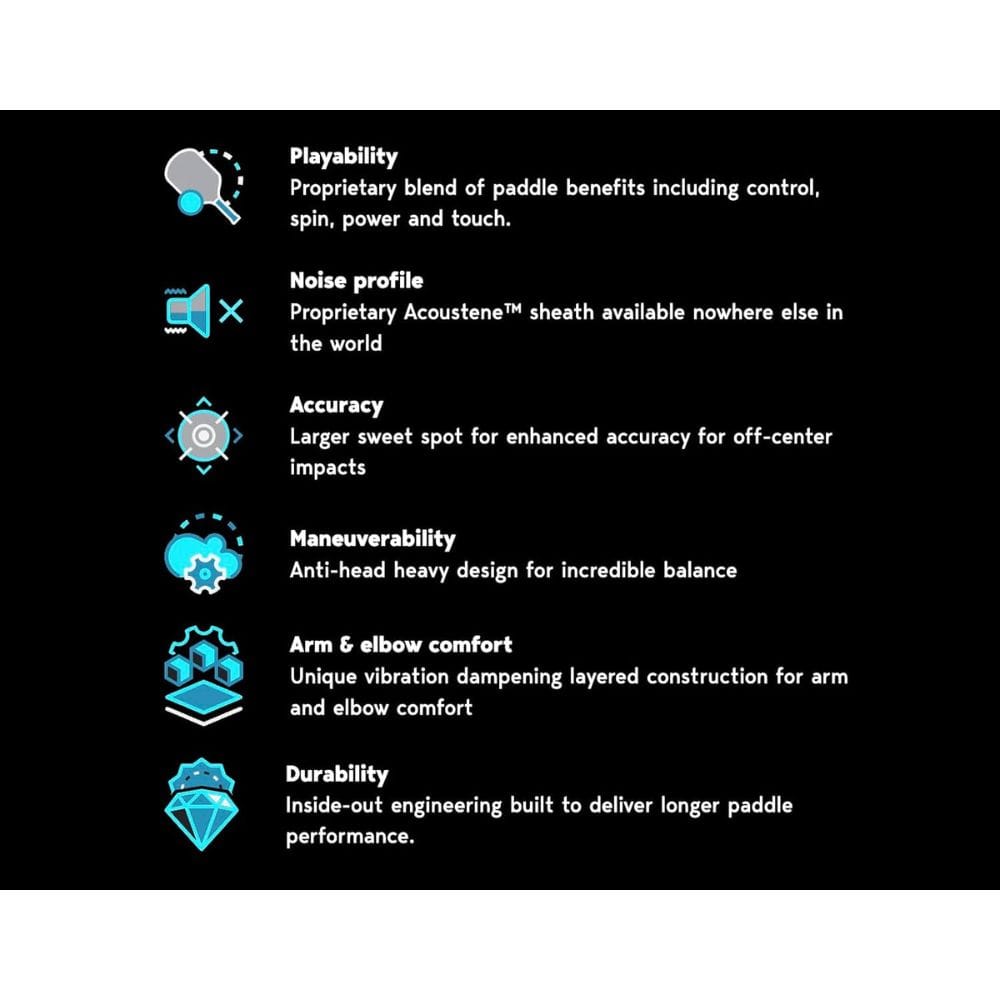
The Role of Wood Paddles in Noise Reduction
When it comes to managing noise issues on the pickleball court, wood paddles often enter the conversation. These paddles, known for their traditional build and heavier weight, can actually contribute to a quieter game.
The density of wood naturally reduces sound output, making them a viable option for players who frequent sound-sensitive locations. Plus, the nostalgic feel of wood paddles is a bonus for those who appreciate the sport's history and the simplicity of its early days.
However, it's not all about nostalgia; wood paddles have a practical place in the quiet paddle arsenal. They are typically not within the near harmful decibel range, making them suitable for tournament play where noise restrictions are in place.
While they may not have the high-tech features of their modern counterparts, wood paddles stand out in the quiet category options, offering a solution for players who are part of an owl's unmatched team of noise-conscious enthusiasts.
Playing by the Rules: Noise Restrictions and Solutions
Noise restrictions in certain areas have led to the development of sound barriers and soundproofing fences around pickleball courts. However, these measures can only do so much, and the onus is often on the players to choose equipment that complies with local noise ordinances.
Quieter paddles are a proactive solution for players to continue enjoying the game without causing disturbances.
The national office staff of USA Pickleball continues to guide how to play pickleball in sound-sensitive locations.
By choosing quieter paddles and being mindful of playing times, such as avoiding early morning or late evening play, pickleball players can help maintain a harmonious relationship with the surrounding community.
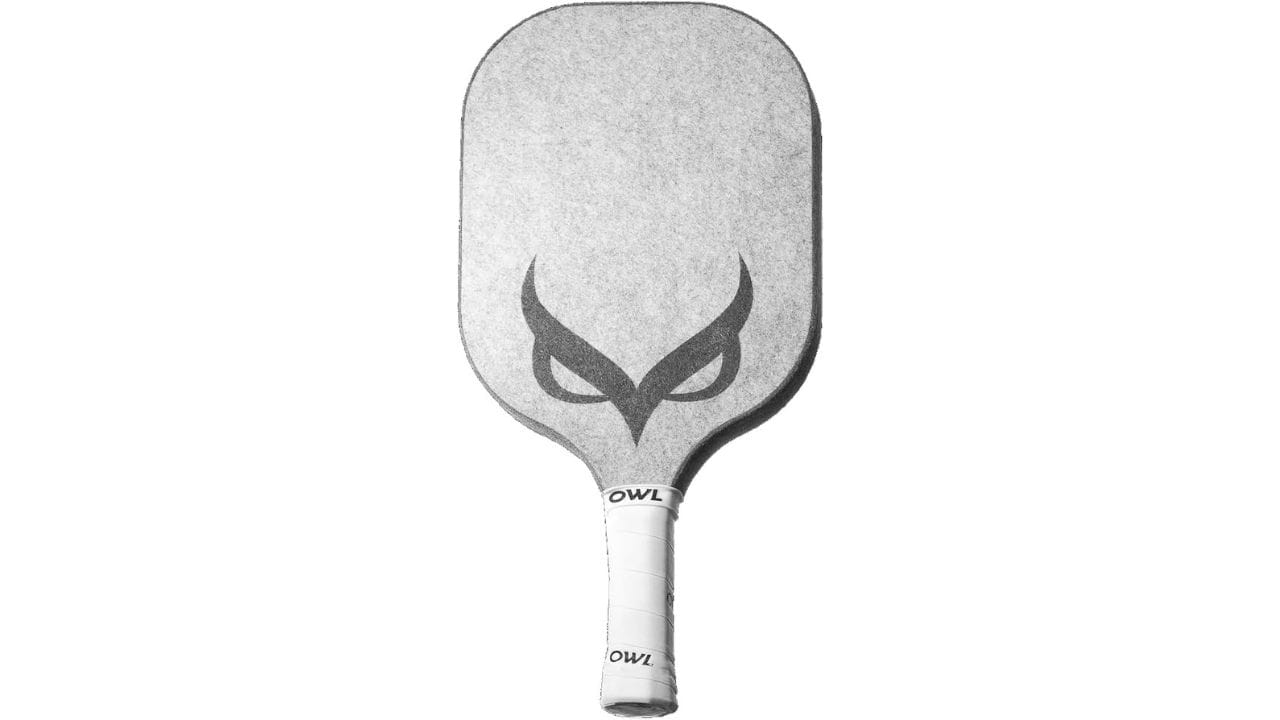
Innovations in Quiet Paddle Technology
The quest for quieter paddles has led to innovations such as paddles with a carbon fiber face, which not only helps to reduce noise but also enhances the paddle's durability and performance.
Owl Sport plans to continue its development of paddles that cater to noise-sensitive locations, showcasing the company's unmatched team and their dedication to providing solutions for the pickleball products market.
These technological advancements are not just about reducing noise; they also aim to ensure that players do not have to compromise on the quality of their game.
The right quiet paddle can offer the same, if not better, playability and control as its louder counterparts, proving that you can have a competitive edge without the extra decibels.
Choosing Your First Quiet Paddle
For those new to the sport or looking to switch to a quieter paddle, the first paddle you choose can make a significant difference in your playing experience. It's important to consider not only the noise level but also how the paddle feels in your hand and complements your playing style.
Owl paddles, for example, are designed to cater to a wide range of players, offering a balance between noise reduction and performance.
When selecting your first quiet paddle, consider visiting a local retailer or attending a demo event where you can test different paddles. This hands-on approach will help you find a paddle that feels comfortable and meets your needs for both noise reduction and gameplay.
Some Final Thoughts
The rise of pickleball has brought with it the challenge of managing the sport's sound output, particularly in residential and noise-sensitive areas. The best quiet pickleball paddles are designed to address noise complaints and adhere to noise restrictions without sacrificing the quality of play.
With innovations in core materials, paddle thickness, and face materials, players now have a variety of quieter paddles to choose from.
Whether you're a seasoned player or just starting out, selecting a certified quiet category paddle can enhance your game and ensure you're a considerate member of the pickleball community.
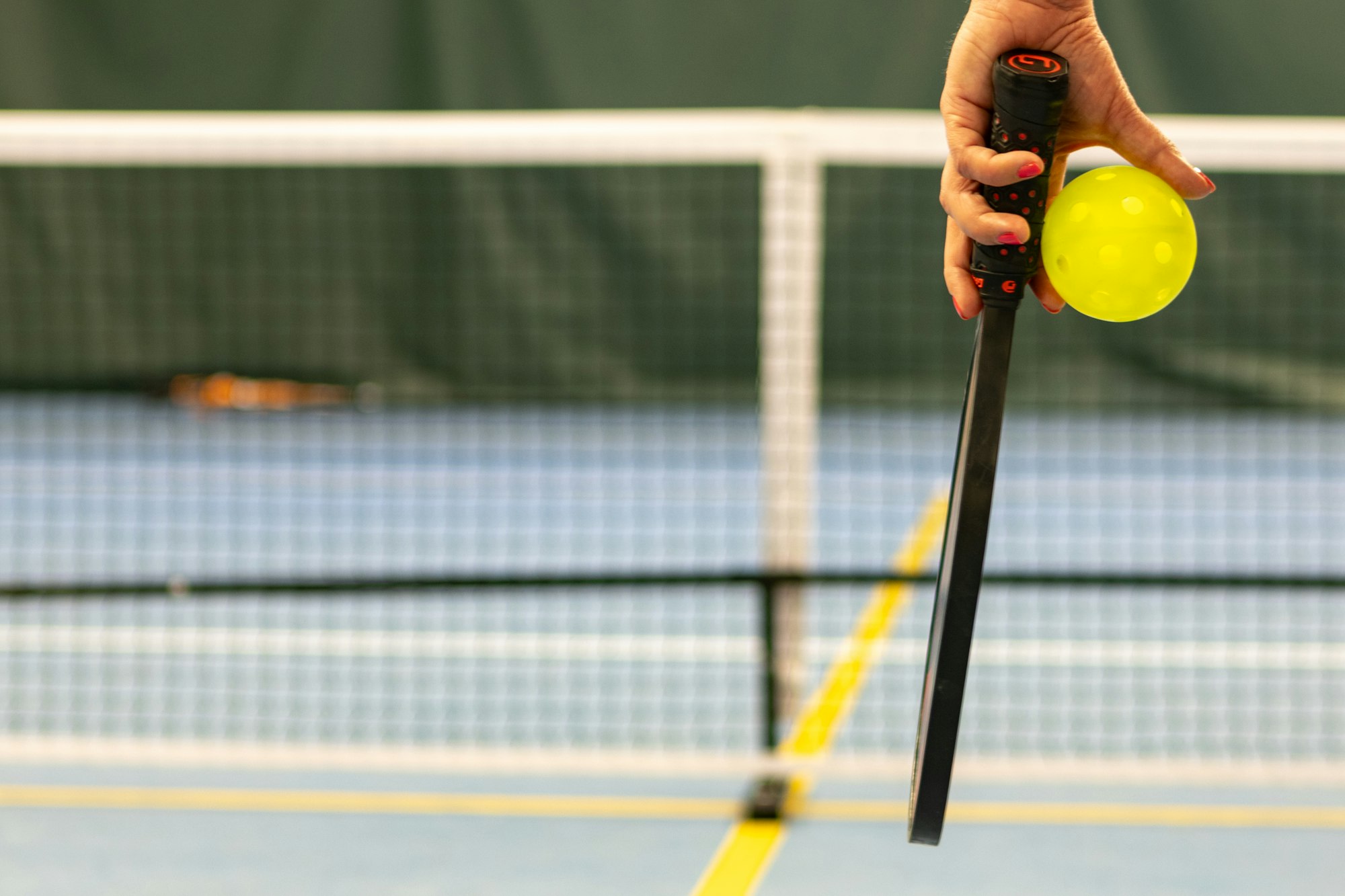
FAQ's
What makes a pickleball paddle quiet?
A quiet pickleball paddle typically features a thicker core and softer face material, such as a carbon fiber face, which helps to absorb the impact of the ball and reduce the noise produced. Paddles specifically designed to minimize noise often fall into the certified quiet category and have been tested for their reduced acoustic footprint.
Can a quiet pickleball paddle still provide good performance?
Yes, many quiet pickleball paddles are designed to offer excellent performance while reducing noise. Innovations in materials and construction ensure that players do not have to compromise on control, power, or playability when choosing a quieter paddle.
Are there any regulations regarding pickleball paddle noise?
Some communities and pickleball courts have noise restrictions in place to prevent disturbances in residential areas and sound-sensitive locations. Players are encouraged to use quieter paddles and adhere to local noise ordinances to maintain a positive relationship with the surrounding community. USA Pickball and other governing bodies provide guidelines and may certify paddles that meet certain noise reduction standards.
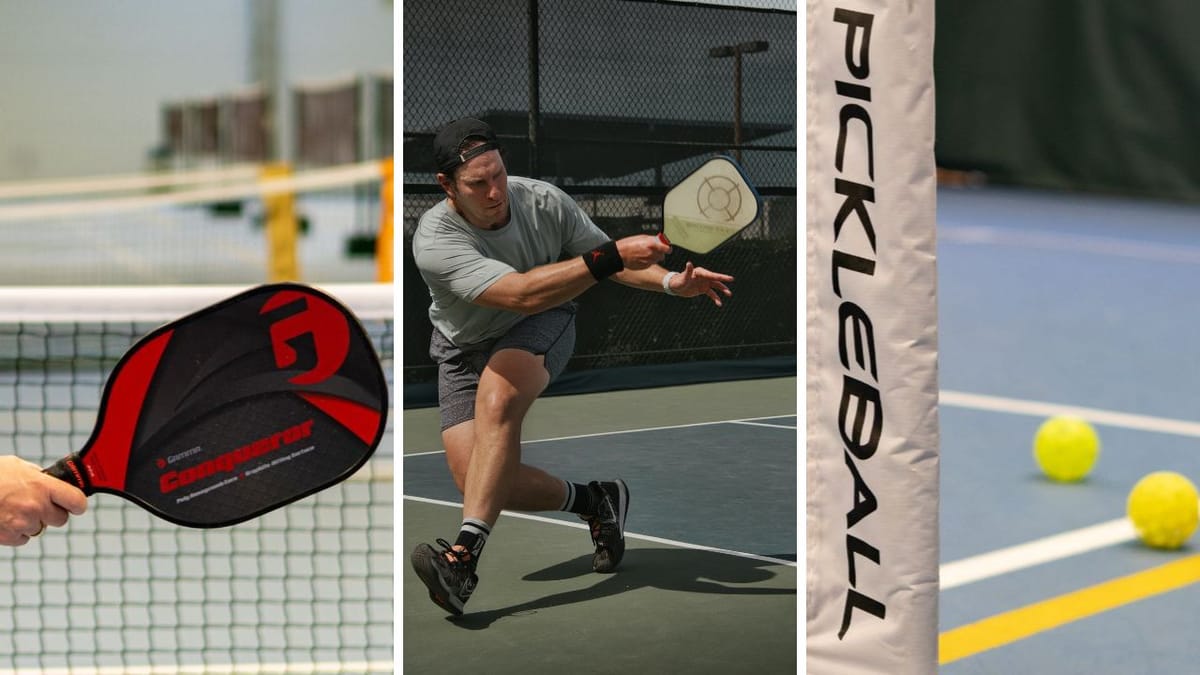


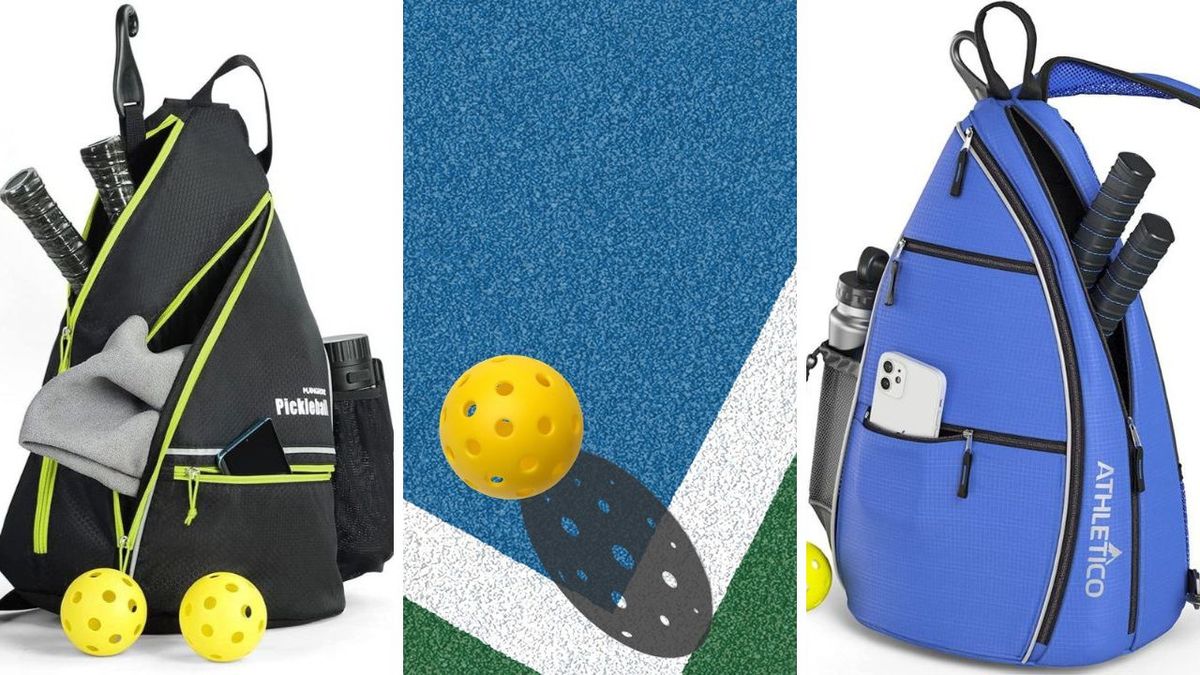











Member discussion